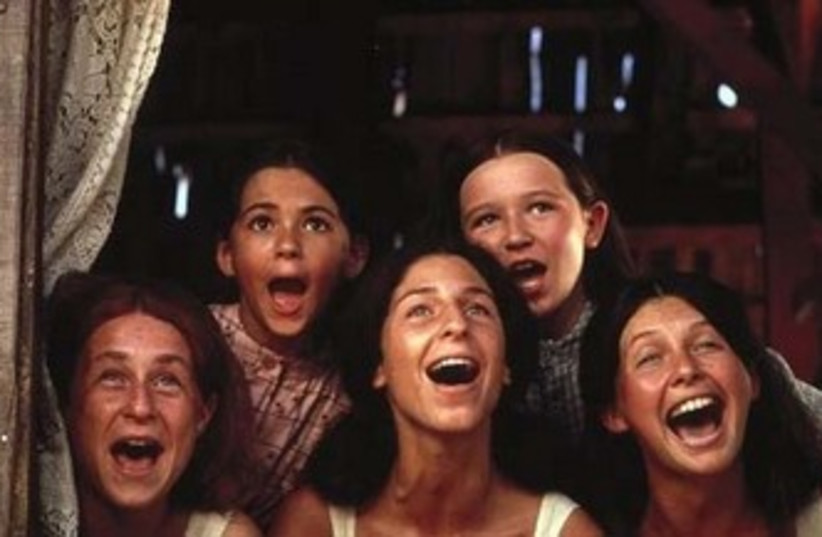(JTA) — Joanna Merlin, a famed acting coach and casting director who early in her career as an actress created the role of Tevye’s daughter Tzeitel in the original Broadway production of “Fiddler on the Roof,” died Sunday in Los Angeles. She was 92.
NYU’s Graduate Acting program at the Tisch School of the Arts, where she became a member of the faculty in 1998, announced her passing on Monday.
Merlin was a student of the acting teacher Michael Chekhov and said to be the last surviving disciple still teaching his technique. Chekhov, a nephew of the playwright Anton Chekhov, was a student of Konstantin Stanislavski, putting Merlin in a direct line of influence with the Russian creator of the naturalistic acting technique that came to be known as “the system” (and, when adapted by the Jewish acting mavericks Lee Strasberg and Stella Adler, as “The Method”).
In an interview for the 2016 PBS documentary series “American Masters,” Merlin said she auditioned eight times before the director of “Fiddler,” Jerome Robbins, and creators Sheldon Harrnick and Jerry Bock were convinced she could handle the role of the daughter who ends up marrying Motel the tailor (a young Bette Midler later took over the role).
She also recalled how Robbins prepared the cast for their roles as Jews living in a 19th-century shtetl by talking about the world of the play, showing them paintings by Marc Chagall and taking them to a Hasidic wedding in Brooklyn.

“My own family actually came from a shtetl. My mother was actually born in a shtetl and my father was also born in Russia,” she recalled. “But a large portion of the cast was not Jewish, and so [Robbins] made sure that everybody felt as though they understood what that life was like.”
Other roles
Merwin went on to other actor acting roles, including in the films “Sarah’s Key,” “Mystic Pizza,” “Fame” and “The Killing Fields,” and had a recurring part in the TV series “Law & Order: Special Victims Unit” as Judge Lena Petrovsky.
But she had even greater success as a casting director, working with the film directors Bernardo Bertolucci and James Ivory, and most closely with the legendary producer Harold Prince in the original Broadway productions of several classic Stephen Sondheim musicals, including “Company,” “Follies,” “A Little Night Music,” “Pacific Overtures,” “Sweeney Todd” and “Merrily We Roll Along.”
She was the founder and president emeritus of The Michael Chekhov Association, or MICHA, an acting school in New York City. One student, Broadway actress Julie Benko, paid tribute to her teacher in an Instagram post Monday. “I will not forget the breakthrough I had in her class,” said Benko, who won praise as the understudy to Lea Michele and Beanie Feldstein in the recent Broadway production of “Funny Girl” and stars in the forthcoming Barry Manilow musical “Harmony.” “I will miss her beautiful presence. I am so honored to have been a small part of her life.”
Born Joanna Ratner in Chicago in in 1931, she took her mother’s maiden name as a stage name. She acted in community theater before graduating from UCLA and later studied under Chekhov, a Russian exile who died in 1955. Merlin made her first screen appearance in 1956 as one of Jethro’s daughters in Cecil B. DeMille’s film “The Ten Commandments.” “Fiddler” debuted in 1964, and she left the cast before the end of its tour to take care of her two small children. She took to the more flexible schedule of being a casting director and teacher.
Merlin was the author, in 2001, of “Auditioning: An Actor-Friendly Guide.”
“I think that actors respond to casting directors who are supportive and encouraging, and that if they feel that the moment they walk in the room they’re being challenged, then it’s a turn-off,” Merlin told interviewer Terry Gross in 2001. “But it’s very helpful to an actor if they feel that you’re on their side. And indeed, casting directors are rooting for you. I mean, they want to cast the role. And so they’re rooting for every actor that walks in the door.”
